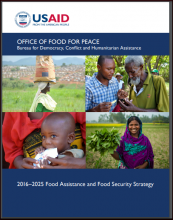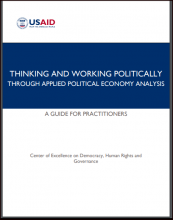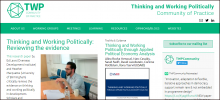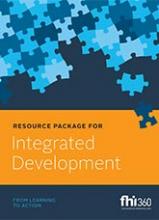USAID Office of Food for Peace 2016 – 2025 Food Assistance and Food Security Strategy
The USAID’s Office of Food for Peace strategy builds on the FFP 2006–2010 strategic plan, draws on lessons learned during its implementation, and embraces new approaches and tools that have emerged in recent years to increase the impact of U.S. Government food assistance as a critical tool in global efforts to end hunger and poverty. The Strategy presents a revised conceptual framework for food and nutrition security and examines food security’s linkages to other sectors, including family planning, agriculture and governance.
Sectors
Agriculture, Food Security & Nutrition, Democracy, Rights & Governance, Family Planning & Reproductive Health






